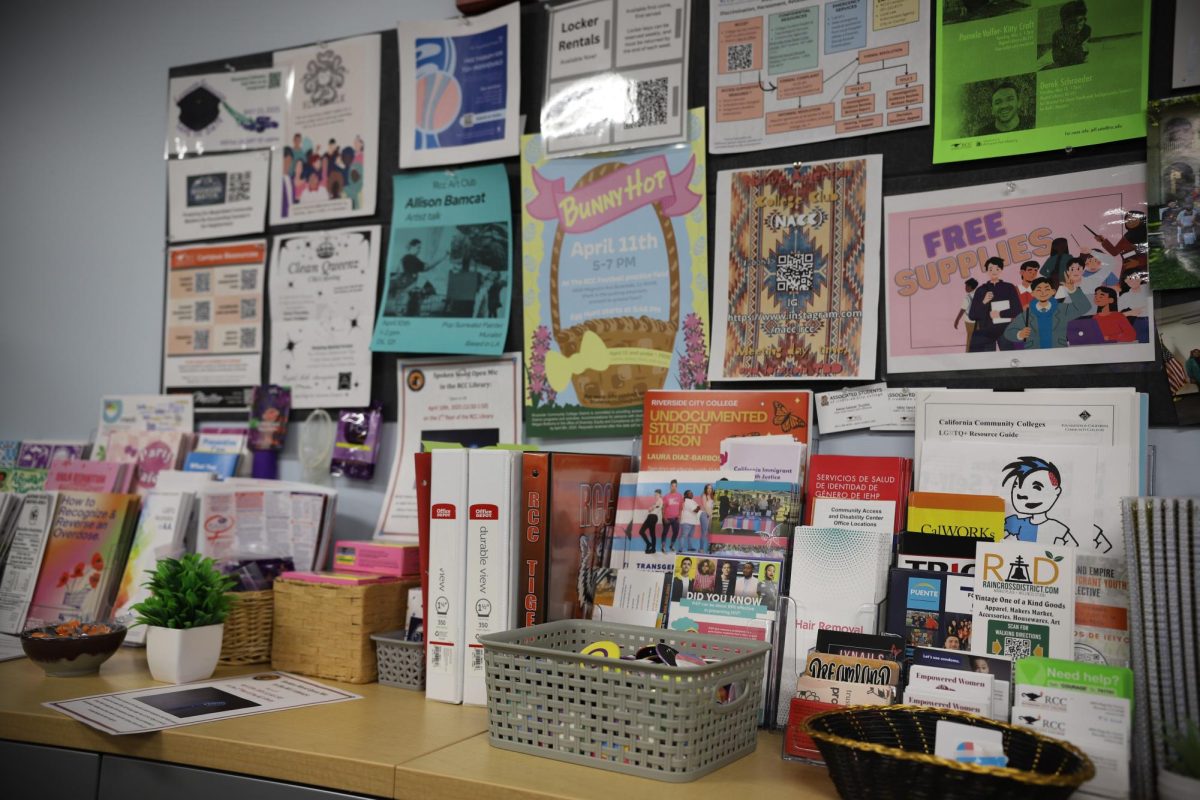By Alexandra Tanner / Staff Writer
By Alexandra Tanner / Staff Writer
Sometimes college can feel as though you don’t need any rules.
In college you have your own car, your own place, new classes and you make your own choices.
But sometimes a student’s choice of words can become limited.
We don’t use the unwritten rules of language as much as we should while growing up, such as over using nuisance words like “whatever.”
Life becomes too busy for the dictionary and slang becomes the new exit from awkward or unwanted conversations.
When we slip in substitutes like “whatever,” is it right? Is it wrong?
Honestly, would a college instructor appreciate or respect their student much after hearing a responsive word like that?
Vocabulary is one of those traits in our society that describes a lot about a person.
As college students enter in and out of interactions with others should they be expected to have a broader vocabulary? Yes.
If student vocabulary was broadened, it would not only improve their speech, but it would also improve their writing.
It wouldn’t be as difficult to change from the form of language we use when speaking to when we’re needing to put language together formally as a written document or essay.
Writing papers or participating in class discussions would be so much easier if students knew the right words to contribute to the conversation.
“Whatever” isn’t the only slang that is too commonly used, but that doesn’t mean we can just let its laziness slide.
There’s not much wrong with being able to be a relaxed person or speaking in such a way so that you can appeal to others.
But if you know you’re simplifying yourself to be able to communicate, you shouldn’t do so.
College students, especially of today, should incorporate their education into their personality because it can benefit more than themselves.
No matter the age of the student, they should help the rest of society realize that it’s not okay to let themselves get lazy with speech.
Once they’ve sat through a college lecture, students have probably come to find that their instructors speak mainly like them, but with a higher range of vocabulary.
Why not sound more like the instructor?
Just as scholastic performance could be simpler, interactions at work could go along much more smoothly if everyone was around the same level.
When an employer is speaking to a trainee they’ll be much more impressed if they get a sense of further intelligence and respect from the individual through the way they speak and respond to instruction.
Students could all around represent themselves and their institutions so much better if they just implemented their class textbook readings and required literature into their common speech.
Spelling would improve along with writing skills.
But, not all the blame is on the younger generations of college students’ word usage since the English language has been evolving long before the 21st century.
There are words our parents and our parents’ parents previously used, slang or not, that we now will never really know the meaning of or ever want to use.
This is because as civilizations migrated west during the late 1700s to the Midwest and West coast, like California, language evolved with the frontier movements into western civilization.
Western settlers were mostly a mixture of largely populated Northeast colonies and some southern states.
The dialect in these areas were very different from one another and for some reason the English language seemed to become more and more relaxed the further away you were from the civilizations where there was more British or European influence.
Now language is a generational movement, and because of texting, new music and the internet, we’ve shortened conversations and made our language blunt and abbreviated.
This causes the inclined usage of “whatever” and other sometimes misguiding words that keep our brains running at a half mass pace.
Because we’ve taken English and molded it to fit our means we shouldn’t be surprised that it doesn’t, to this day, even match the standards of English in European countries or forms of 19th century English used in current movies such as “Pride and Prejudice.”
English is one of the greatest tools our country as a whole has to offer and college students should realize that because of the benefit of attending school in an economic time like this, they can take on the world with confidence and reflect their confidence in the way they speak.
Education and educators as a whole will become a beacon of light to people in search of a way to get back on their feet.
As Californians and students, we’ll prove there cannot be a limit to the intelligence and free thought of this society as a whole.
College is the new dictionary, take it off the shelf.






